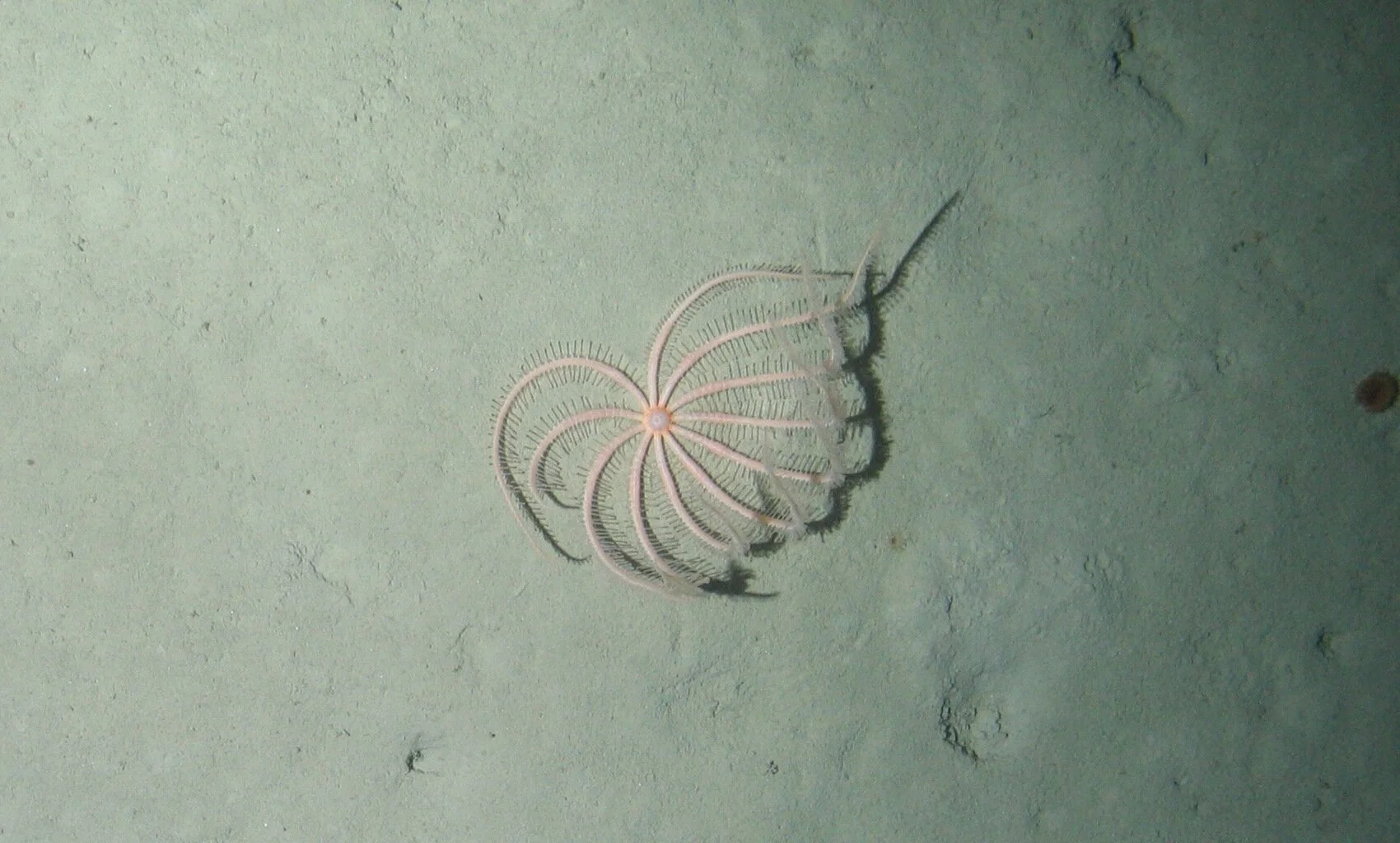The team at Armatus Oceanic have extensive backgrounds in the design, construction and operations of a myriad of different subsea technologies and have been at the forefront of full ocean depth technology for over 10 years’.
The team have an equally impressive track record in sea-going expeditions, having worked in every ocean at every depth using technologies ranging from piston coring to full ocean depth submersibles.
Professor Alan Jamieson (OBE)
CEO
Professor Alan Jamieson has a PhD in Zoology, having submitted a thesis on Autonomous lander technology for biological research at midwater, abyssal and hadal depths. His research has made him a world leader in the biological exploration of the hadal zone (depths exceeding 6000 metres). He has designed multiple Hadal-Landers and has deployed them over 1000 times in the ultra-deep subduction trenches of the Pacific Ocean and surrounding areas.
He is the current director (and founder) of the Deep Sea Research Centre at the University of Western Australia, Perth.
He was the Chief Scientist on the Five Deeps and Ring of Fire expeditions, utilizing the bespoke full ocean depth rated 2-person submersible Limiting Factor.
Peter Johnson
Executive Chair
With over 20 years within Technology based companies, Pete Johnson brings a wealth of business development and strategy skills to the companies he works or invests in. Pete has specialist skills in building robust businesses within defined vertical sectors. Historically, working as director/owner level; Peter has shown he is capable of not only enabling businesses to grow but has a keen sense of market awareness which is vital in making key SME decisions on business direction, strategy and growth.
Peter & his companies have achieved several regional awards including, Young Business of the Year Award & Ernst & Young’s Regional Business of the year in 2003 and National recognition after winning the UK Inner City 100 awards in 2004. The award was presented to Peter and his team in 11 Downing Street and the company was featured within the Financial Times in London & UAE.
Dr. Thomas Linley
Head of Technology
Dr Linley has been working in deep-sea science since 2006, following an undergraduate and two masters degrees in marine biology. He has mainly focused on the use of autonomous vehicles to observe animals in their natural environment while causing minimal impact or disturbance. The necessity to repair and maintain equipment in the field has lead to an understanding of current deep-sea technology and an awareness of its failings and inflated cost. This lead to the development of the electronic components for the teams autonomous landers.
He worked at one of the UK’s largest survey companies for three years as a field environmental scientist and then a senior field environmental scientist. The work mainly involved in pre-development surveys for the oil and gas industry. Field duties included assessing sonar data for indications of protected habitats and investigating with ROV or drop-down camera.
RACHEL Jamieson
Chief Scientific Officer
Rachel is a research scientist with over 10 years experience in university and clinical molecular research, government, global commercial R&D and field-work settings. She studied Biology, French and Forensic Science at King's College London and has a PhD in Molecular Microbiology undertaken with the British Antarctic Survey and Southampton University. She has extensive lab-based experience in university, clinical settings and at sea. She has spent a number of years working and living abroad in Paris and Toulouse in France and at UWA in Perth, Australia.





